The votes have been cast, and the poll is closed. In a few days’ time we will have a new prime minister.
Irrespective of who it is, and whether you’re happy with the outcome or not, I think we can all agree, it’s been a far too drawn-out process.
It seems to have gone on forever, while the country is in a mess with the cost of living. Anyway, I digress.
Ever wondered what it would be like to be “crowned” prime minister? It must be a daunting experience.
Euphoria… a pinch yourself moment… but then the harsh reality of what lies ahead would quickly kick in I’d guess.
I wouldn’t have their job for all the coffee in Brazil. No thank you very much.
So, what does the first day of a new PM in Downing Street look like? Ever wondered what it entails?
Go and see the Queen? Sure, that’s a must, for you need her approval to form a government.
Next up, maybe appoint your cabinet? Yes, but I’d guess both candidates have done that already, on paper anyway.
Give interviews? Absolutely, goes with the territory.
Or how about getting to know Larry the Downing Street cat? Essential I’d guess.
But there is one thing, one task, the incoming PM must do. A task that is almost never talked about. A task that I find truly fascinating.
One of the first things they have to do, and without a doubt the most important decision they will ever make, not just as new PM but as a human being, is to write what’s known as the letters of last resort.
Britain’s nuclear deterrent is sea-based and consists of four Vanguard class submarines.
We have no land-based nuclear weapons. One of these subs is always at sea, and no one, including the PM, knows where it is. Apparently only the commander of the sub knows exactly where it is at any given time.
This is not a column that is either pro or anti nuclear weapons, simply about the letters of last resort; four identically worded letters handwritten by the incoming PM to the commanding officers of the four ballistic submarines.
Think about it: Britain has been hit by a huge nuclear strike, London is wiped out and there is no government. No one to tell the commander of the nuclear subs what to do.
So, these letters are orders basically on what to do if Britain has been obliterated by a nuclear strike and the government has ceased to function and the PM is dead or uncontactable.
On being written, the identical letters are then delivered to the four subs, Vanguard, Victorious, Vigilant and Vengeance, and stored in two safes in the control room on board.
When any PM leaves office, the letters are destroyed unopened, therefore whatever action the outgoing PM gave, will only ever be known to him or her. Then they are replaced with the new letters of the incoming PM.
There are a series of checks the sub commander must go through before deciding if the letter of last resort needs to be opened.
According to numerous reports, the commander needs to establish if the British government is indeed still functioning, especially if direct communication has failed.
Apparently, it’s a huge red flag if all naval broadcasts have ceased for four hours.
Another is to check if BBC Radio 4, and in particular the Today Programme, is still broadcasting.
As for the letters themselves, there is no advice given to the new PM as to what to write, only a highly classified detailed briefing is given on what it all entails. The decision is then left to the PM and the PM alone.
It’s widely accepted that there are four known options he or she must choose from. They include.
1 – Retaliate with nuclear weapons
2 – Do not retaliate with nuclear weapons
3 – Use your own judgement
4 – Place the sub and its nuclear weapons under the command of a friendly nation that still exists, either America or Australia
It seems a flawed system though. I mean, if there is no communication at all, and it’s worked out the the UK has been nuked, how does a sub commander know who to attack if the letter says to do just that?
He may well think, Russia. But how could he possibly know that Russia was the one to blame? It could be Pakistan, or even dare I say “friendly fire” gone tragically wrong.
It could have been a rogue state who stole technology and made a dirty bomb.
It must be chilling indeed to have to write these letters, and we can only guess what each of our PMs said in their letters. Who knows? No one. No one apart from each PM. They are told to never discuss it with anyone while in office.
Lord Guthrie, the former chief of staff, said when briefing the incoming Tony Blair: “I think quite honestly, like most prime ministers, he hadn’t given a huge amount of thought to what this really meant. And it is actually an awesome responsibility. It really comes home to you that he could, if the circumstances demanded it, create devastation on a huge scale.”
On how Blair reacted to the task he had to fulfil, Guthrie commented: “He went quite quiet.”
Considering that a new PM can write what they want, with no one to check their decision, what if they hedged their bets and said something like: “Retaliate, but under no circumstances should nuclear weapons be used against civilian targets.”
Fair enough, but how can you drop a bomb on, for example, the Kremlin, in the heart of Moscow, without killing millions of innocent Russians? You can’t.
James Callaghan, the former Labour PM, said in later life: “If it were to become necessary or vital, it would have meant the deterrent had failed, because the value of the nuclear weapon is frankly only as a deterrent. But if we had got to that point, where it was, I felt, necessary to do it, then I would have done it. I’ve had terrible doubts, of course, about this. I say to you, if I had lived after having pressed that button, I could never, ever have forgiven myself.”
To reveal this after office is one thing; I mean, it’s not relevant anymore as new letters are in place, but what about Jeremy Corbyn as leader of the opposition?
In advance of potentially being our PM, he said, telling the world and our enemies, that if he were PM, “No” he would never press the button.
Since there is no button to press, what he means is that he would say in his letters of last resort, do not retaliate.
I find this highly irresponsible.
Don’t get me wrong, I have no problem whatsoever with his deep-held belief that we shouldn’t have these weapons, let alone use them. I also have no problem with him saying “do not retaliate” in his letters of last resort.
But for crying out loud, don’t tell people in advance! Don’t let your enemies know this. It totally defeats the purpose of having a “deterrent”. That’s like playing poker and laying your cards face up on the table for all to see.
What would you do? What would you say as incoming British PM in your letters of last resort?
Despite my huge interest in politics, there are countless reasons why I would never want to be prime minister. And having to write my letters of last resort is definitely one of them.
And spare a thought for the submarine commander. It must be beyond chilling, after having come to the conclusion that Britain has been nuked, to go and open that safe in your office, deep under the ocean and read that letter telling you what you now must do.
Let’s hope that scenario never ever happens.
I said above that I find the subject of the letters of last resort, truly fascinating. I do. But on finishing this column, I also find it terrifying
Over to you Liz or Rishi. I don’t envy you your task.
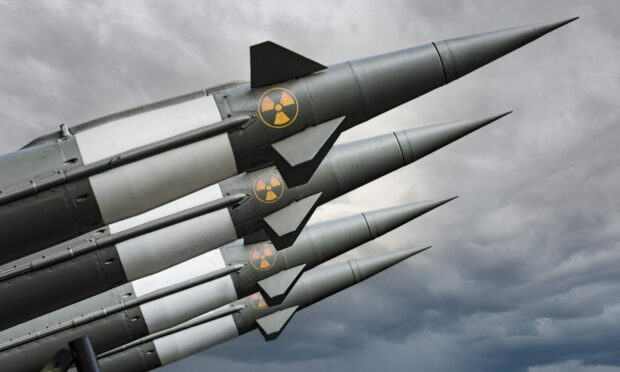
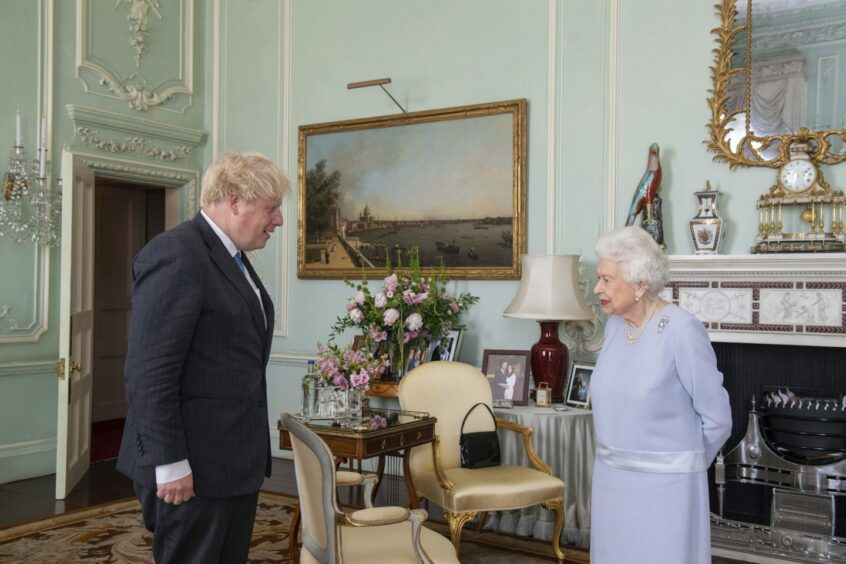
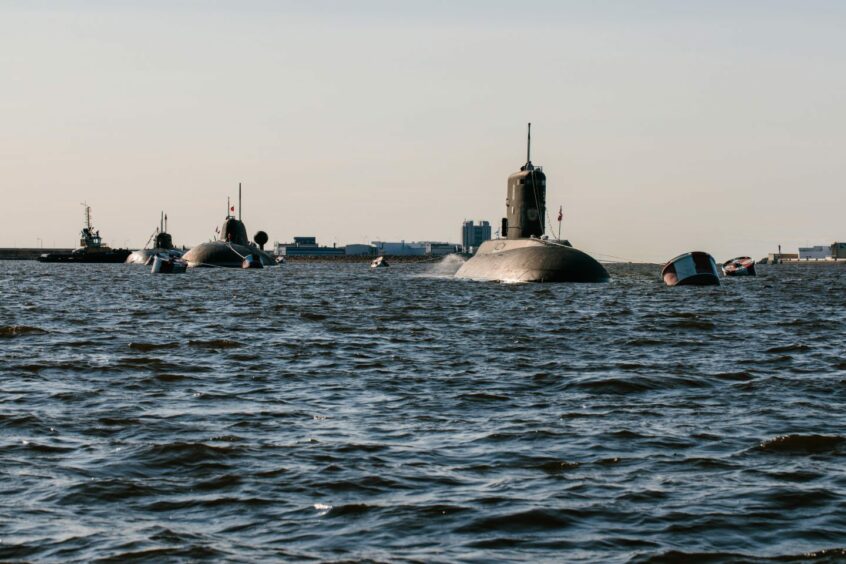

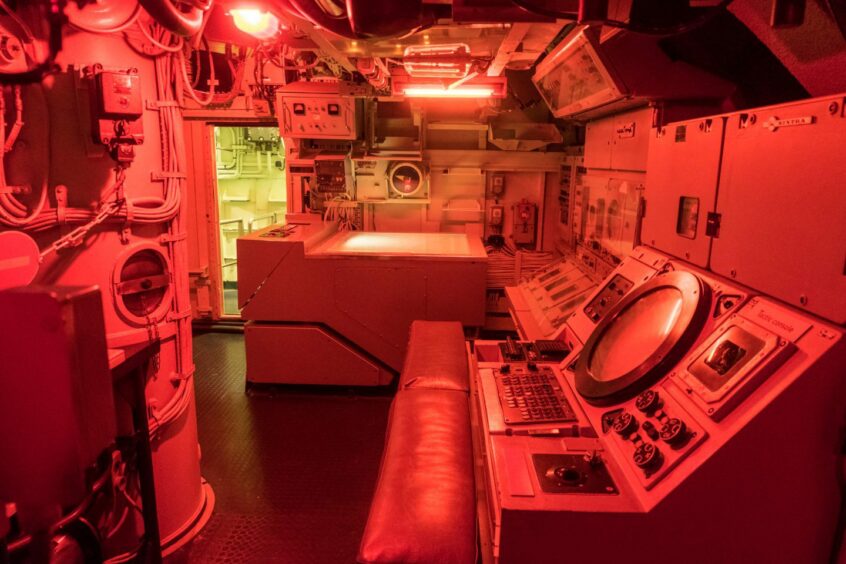


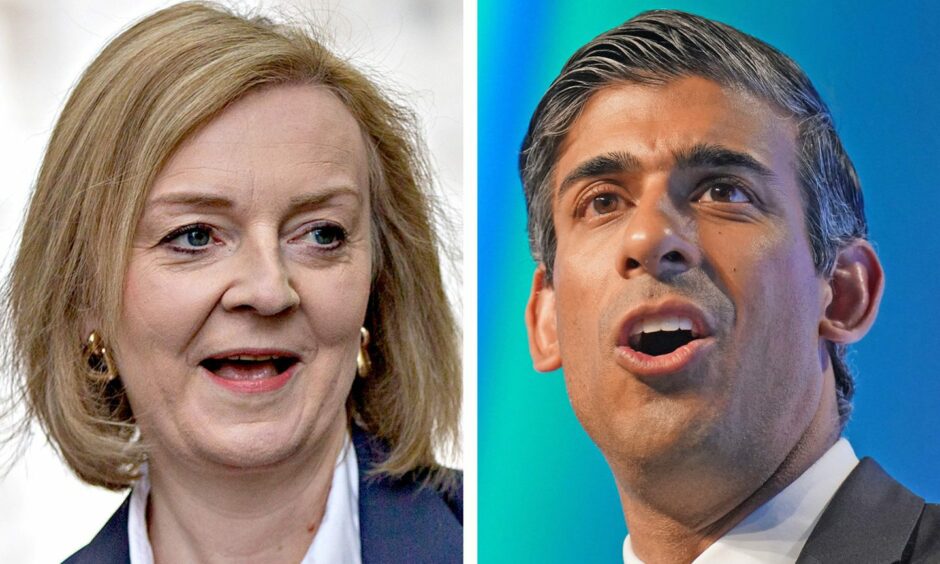

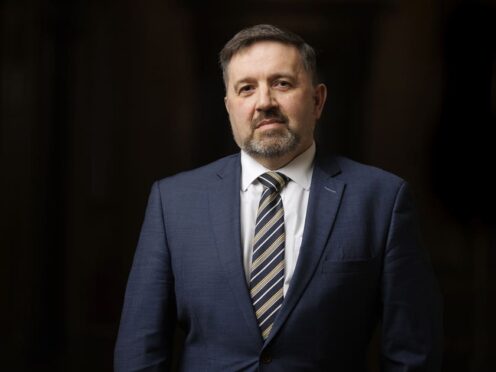






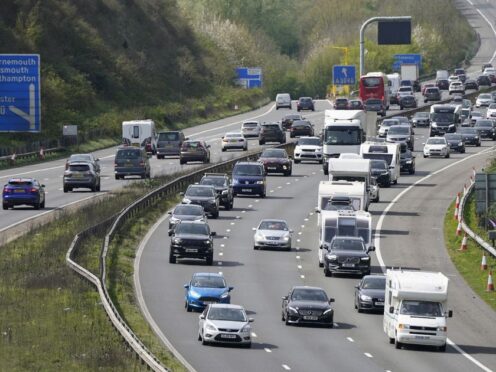

Conversation